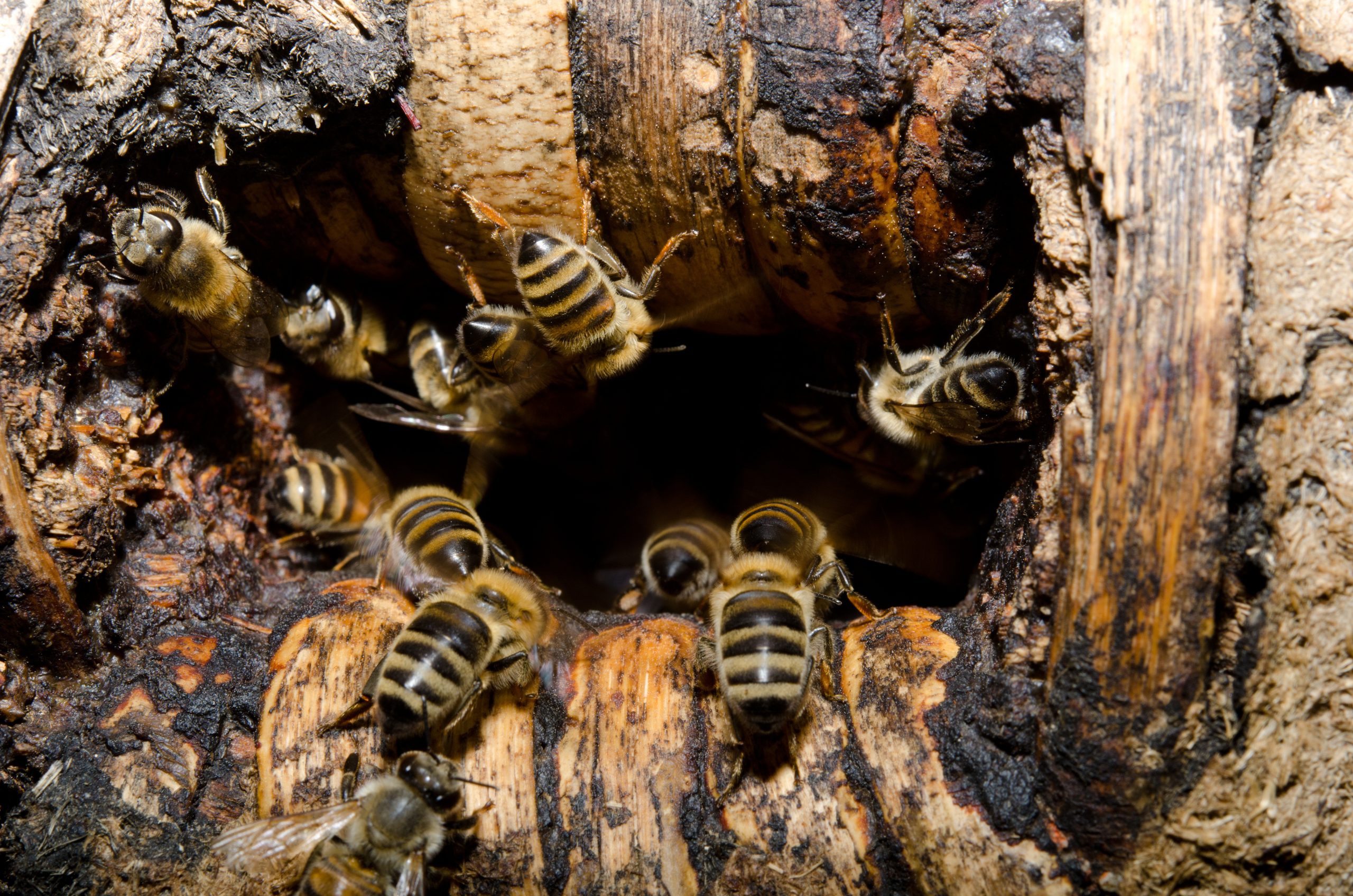Happy National Honeybee Day!
August 20, 2016
Bee Colony Collapse, Honey, Honey Bees, Honey Industry
It seems that every day of the year has some type of holiday or subject for celebration, and most areas of interest can name a day of the year belonging to them, whether it’s dogs, pencils, brothers, spinach, LGBT pride, veterans, or days of remembrance for specific events. Just like the other endless topics, honeybees have their own day to allow for focus on building community knowledge and awareness of the bee industry via education and promotion. That day is National Honeybee Day, which this year is August 20th for an eighth anniversary since its inception!
This program, started in 2009, began due to “grassroots minded beekeepers” and a fairly simple concept, according to its organizers: “Bring together beekeepers, bee associations, as well as other interested groups to connect with the communities to advance beekeeping. By working together and harnessing the efforts that so many already accomplish, and [by] using a united effort one day a year, the rewards and message are magnified many times over. We encourage bee associations, individuals, and other groups to get involved.”
National Honeybee Day also has the objective of ensuring the public is made aware of the many environmental concerns that affect honeybees today including bee disease, climate change, varroa mites, malnutrition, colony collapse disorder (CCD), and production/manufacturing inefficiency and irresponsibility, all of which have led to a negative impact on honeybee populations not just in the US but around the globe. These concerns raise the possibility that the industry will continue to struggle while coping with increased honey demand.
Other areas of interest for the program include that greater demand for honey and its endangered supply in recent times, which, as a result, has led to some in the market to try and contaminate honey with artificial sweeteners and syrups in order to keep up with demand. Economically motivated in their development, according to program organizers, syrups and other sugar-based substances are believed to be consistently added to honey products, ultimately diminishing the quality (something reflected in similar problems within the fruit juice industry). The issue is that these mixed, counterfeit honey products, derived from rice, wheat, and corn, are difficult to detect.
Beyond major issues concerning those in the bee industry, there are several practices everyone can partake in in order to help honeybees in times when their populations decline at varying rates. Some of those practices that can help protect honeybees include: (1) using insecticide alternatives or ceasing use of insecticides altogether, (2) planting bee-friendly plants, (3) and creating “natural habitat” gardens. Any action taken toward the goal of helping honeybees, no matter how small, can make a great difference—so, today on the 8th annual National Honeybee Day, see what you can do!


.jpg)



